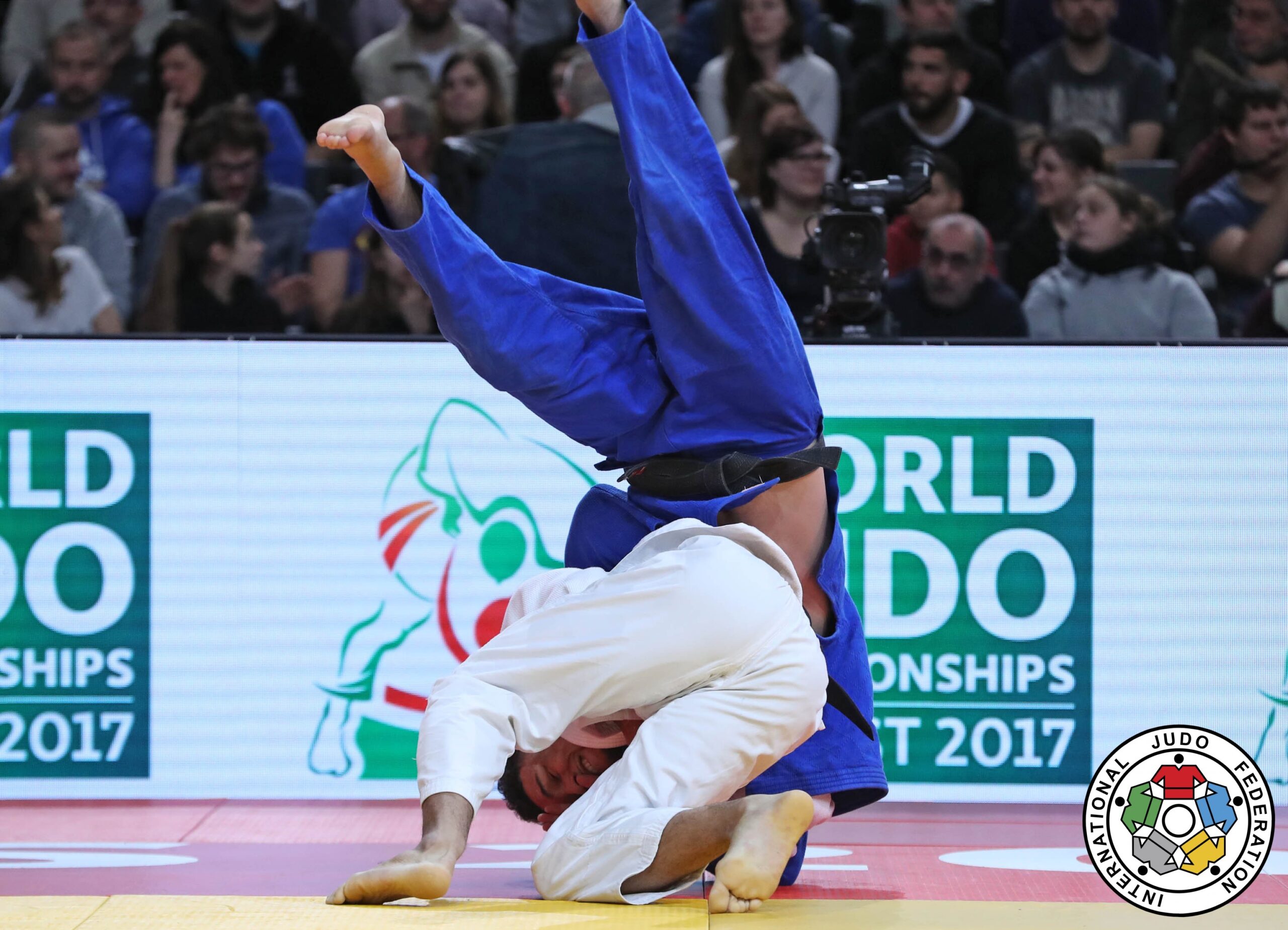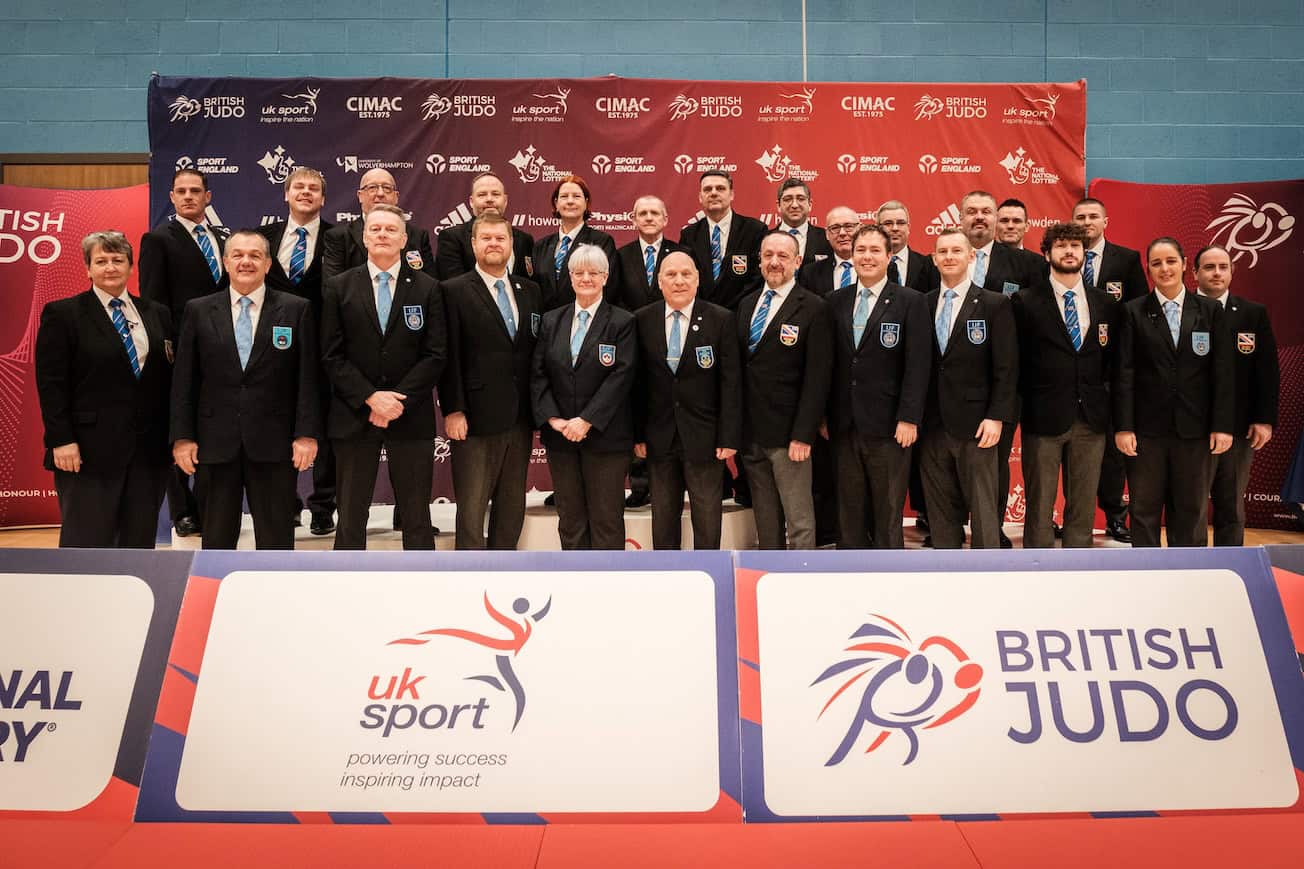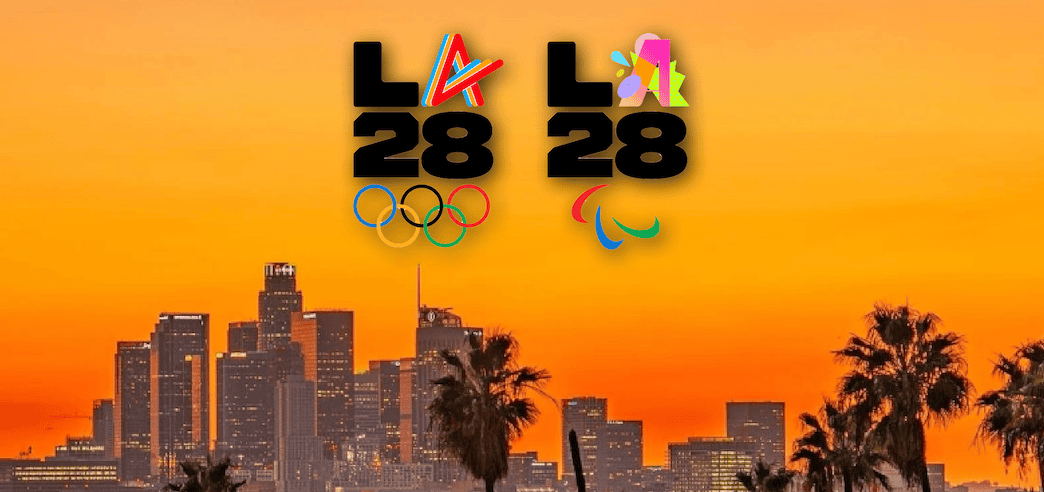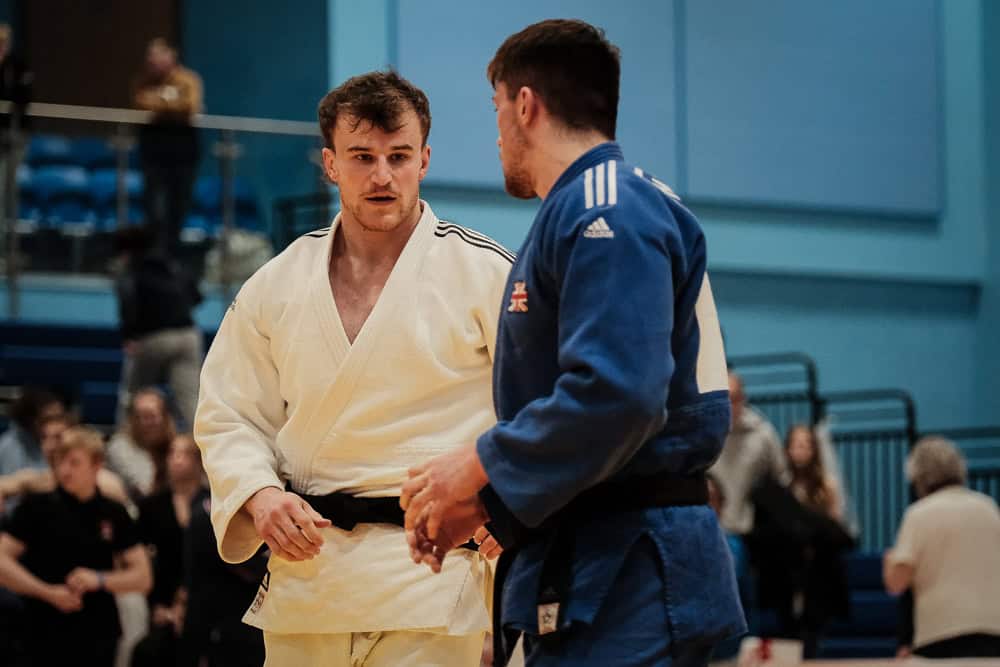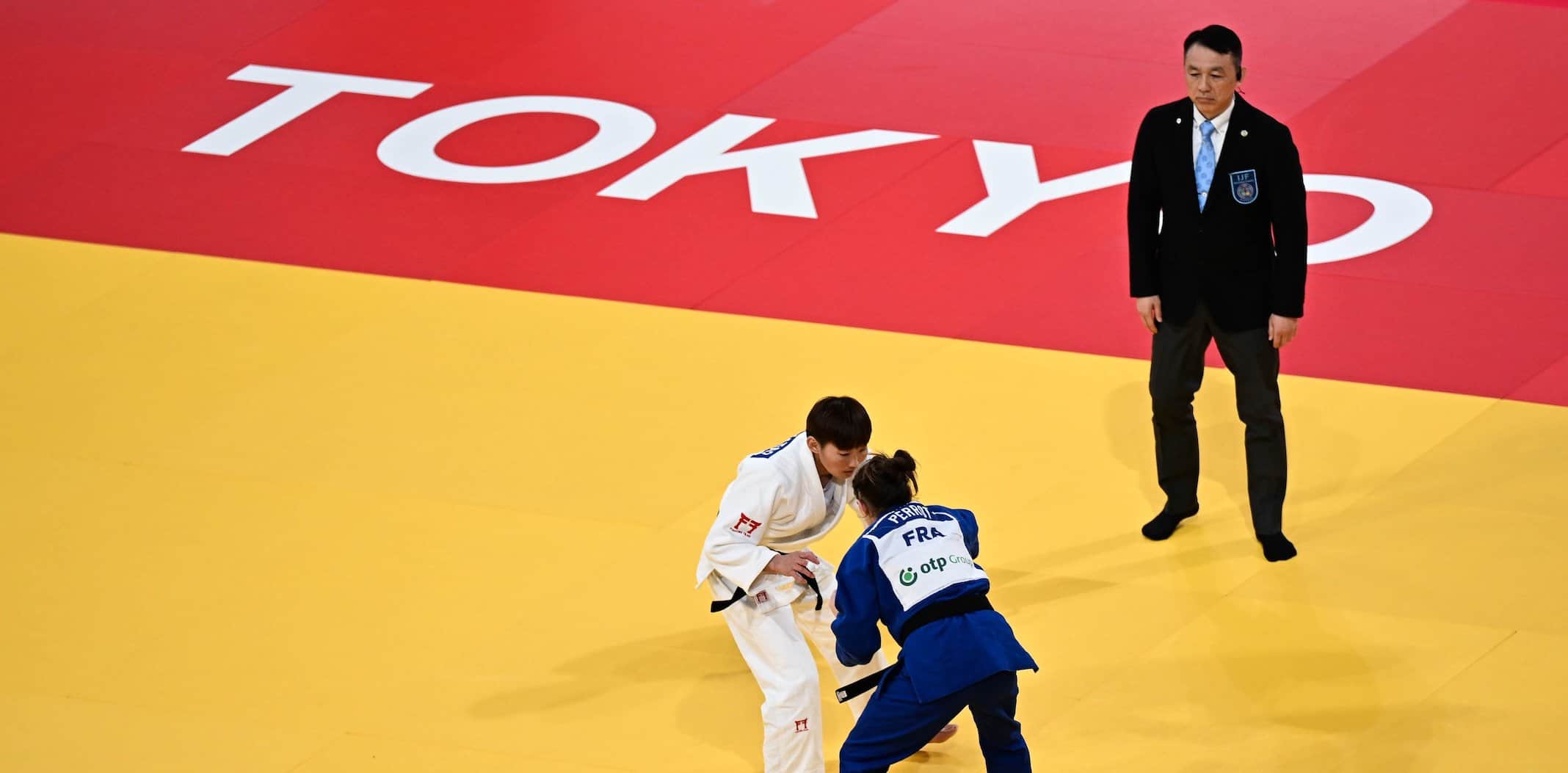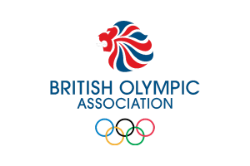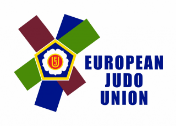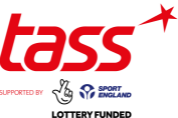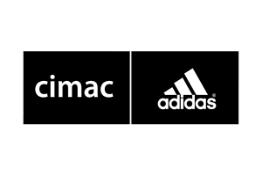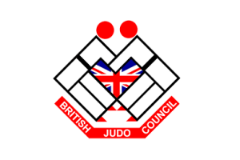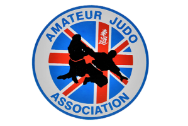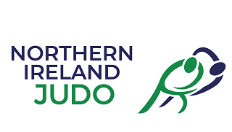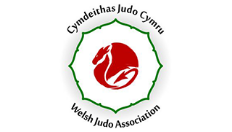
Max Stewart (-90kg) made an impressive debut at the 2017 Paris Grand Slam on Sunday 12 February as he just missed on a bronze medal finishing in fifth place.
Stewart, whose father Dennis won silver at the Paris tournament in 1987, was up against Yakhyo Imamov (UZB) in his first contest. The Uzbek judoka had won the Paris Grand Slam in 2013 at -81kg and was sure to be a tough opponent. However, Stewart got the better of the gripping exchanges before throwing Imamov for ippon with a lovely drop attack.
Next up was Faruch Bulekulov (KGZ) and it proved a difficult match for the British judoka as he went behind by waza-ari. Stewart though continued to press and as the clock wound down the Kyrgyzstan judoka was forced to pick up three shidos which gave him the win by hansoku-make.
Home favourite and World No.5 Axel Clerget (FRA) was next up but Stewart wasn’t phased by the vocal Parisian crowd. Clerget came out hard but as the contest wore on the Birmingham fighter grew into the challenge and forced it into golden score. Unfortunately, Stewart found himself on the wrong side of an attempted attack and was thrown by the French judoka, to the delight of the home crowd.
Dropping into the repechage, he still had an opportunity to fight for bronze and proved too strong for David Tekic of Germany. The fight went into golden score but Stewart had dominated the gripping and attacks and eventually forced his opponent into hansoku-make via a third shido.
2015 World Champion and Rio bronze medallist Donghan Gwak (KOR) would be his opponent for bronze. In a very tactical contest it was Stewart who got on the wrong side of a few of the decisions and found himself with three shidos inside regulation time and outside of the medals.
Speaking afterwards the 23 year old admitted at feeling disappointed but did take some positives from the day:
“Bit gutted coming off having just lost the bronze fight but I’ve really enjoyed myself. Everyone said ‘Enjoy it. Don’t get too nervous’. I felt quite relaxed when I was fighting, even though it was a bigger crowd than I am used to. I fought pretty well and relaxed into it.
“I’m fighting some of the best players in the world and I’m coming off and I’m quite confident that if I do fight them again it could be different. I’m not going out there and getting thrown so I’m pleased with my performance.”
Natalie Powell was the other British judoka in action on Sunday as she returned to international competition for the first time since the Rio Olympic Games last summer.
The Irfon judoka had won bronze in Paris last year but has only returned to full-time training in the last couple of months. She showed no signs of rustiness in her first contest against Georgette Sagna of Senegal as she scored two waza-ari inside the opening minute. From then on she controlled the contest and secured her spot in the quarter-finals.
Korea’s Yujin Parj was next up and it proved to be a bit of a humdinger with Powell taking the lead by waza-ari before Park levelled things up. Going into the dying seconds, Powell appeared to have scored waza-ari and secured osaekomi in the process.
However, the referee called matte and, after deliberation with the table officials, the score was taken off Powell and given to Park. With only three seconds left on the clock the British judoka was unable to get the score back and dropped into the repechage.
In the repechage final young French judoka Sama Hawa Camara proved a very tough customer as the two as she forced to pick up two shidos through a combination of a high-attack rate and some strong gripping. However, the contest did go into golden score but Powell was countered and throw for ippon meaning she finished in seventh place at her first competition of the year.
On day one, St Helens judoka Lucy Renshall had also finished fifth on her Paris debut in the -63kg category and GB Elite Performance Coach Kate Howey MBE, was pleased with the performance of the team overall:
“This has been a good tournament for us as a team. The youngsters have proved they can compete at this level and challenge for medals. From a team of five to get three placings is good as it’s the first major of the year and players are still adjusting to the new rules. We will keep building as a programme and move on to the next competition.”
British judoka will next be in action at the Rome and Oberwart European Opens on Saturday 18 and Sunday 19 February
